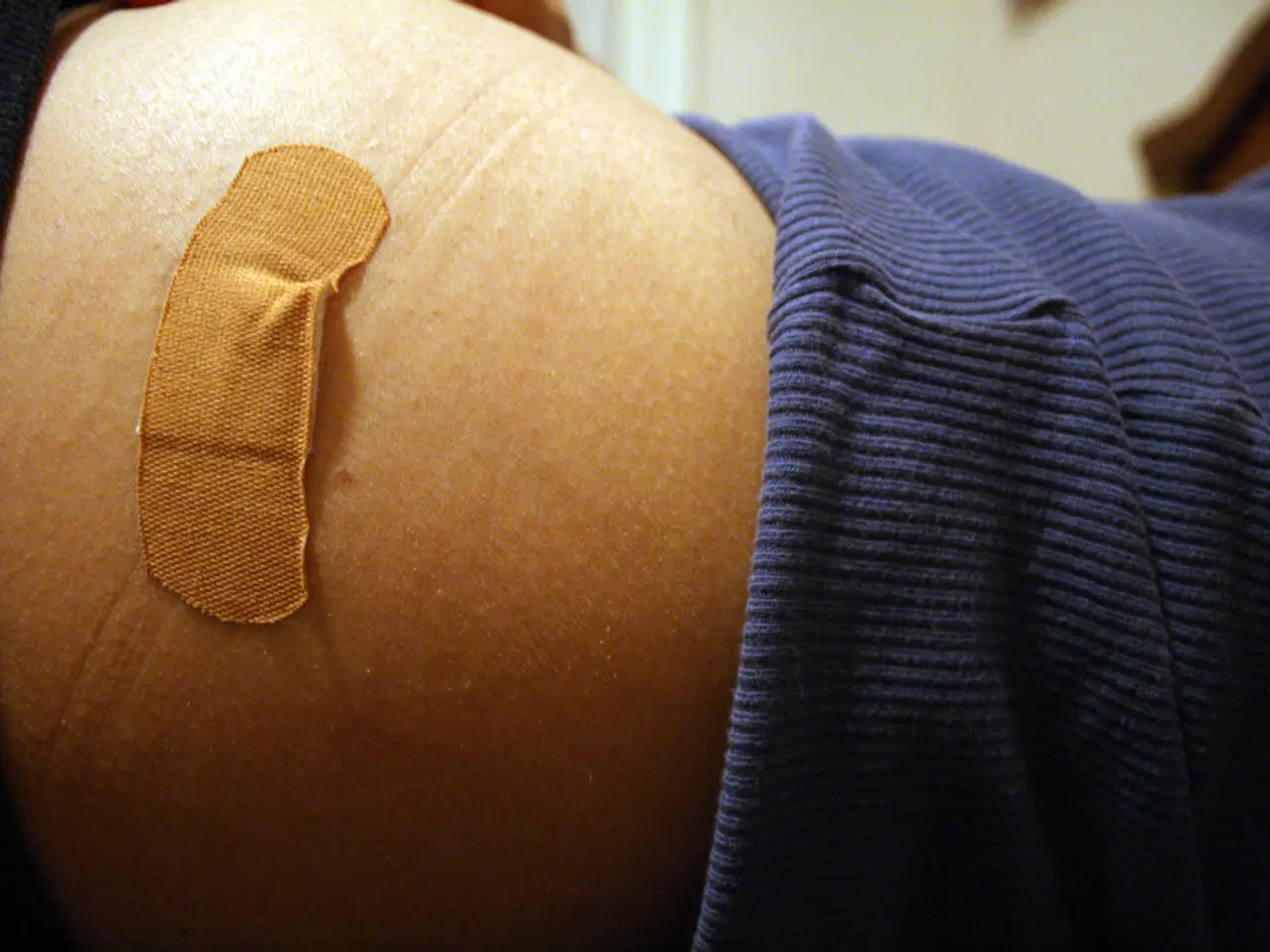Critical Illness Coverage Explained and Its Significance
Critical illness insurance is becoming increasingly important in today's world, providing a financial lifeline during challenging health events. This insurance offers a lump-sum payout upon diagnosis of serious health conditions, helping individuals manage non-medical expenses, income loss, and lifestyle changes.
Financial Protection Beyond Medical Bills
Unlike regular health insurance, which usually reimburses hospital bills, critical illness insurance offers a one-time fixed sum that can cover costs such as rehabilitation, home care, lost income, or necessary lifestyle adjustments.
Maintaining Financial Stability and Protecting Assets
The lump sum payout can prevent dipping into savings, retirement funds, or selling off assets to cover ongoing expenses, thus preserving your estate and long-term financial plans.
Supporting Family's Financial Security
Critical illness insurance ensures that dependents and family members are financially protected in the event of a serious illness. The payout can cover mortgage payments, debts, or daily living costs during recovery periods.
Peace of Mind and Reduced Stress
Knowing that a financial cushion is in place allows patients and their families to focus on health and recovery rather than immediate financial worries.
Customizable and Accessible
Many critical illness plans offer variable sum assured options and some provide global coverage or simplified claims processes, making this insurance adaptable to different lifestyles and locations.
The Importance of Critical Illness Insurance
Given the increasing prevalence of critical illnesses such as cancer, heart attacks, and strokes, critical illness insurance is a vital complement to traditional health and life insurance policies. It addresses the financial impact of serious health challenges beyond just hospital expenses.
Choosing a Critical Illness Plan
When buying a critical illness plan, factors to consider include current health, illnesses covered, coverage amount, policy payout, waiting period, exclusions and inclusions, and whether to buy a standalone or rider plan.
It's essential, particularly for the sole breadwinner of a family, to secure the entire family with a critical illness insurance policy, especially if there is a family history of critical illnesses. Premiums paid on these plans are eligible for tax deduction under Section 80D.
In most cases, the claim can be processed based on diagnosis reports and the waiting period is usually up to 3 months. The insurer pays the full sum insured in lump sum regardless of your hospitalization cost, and in most cases, there is a survival period of 30 days and the claim is settled on completion of the survival period.
Some critical illness insurance plans give monthly income options instead of a lump sum payout, providing a steady stream of income during recovery. Compared to regular health insurance plans, critical insurance plans are generally cheaper, making them an affordable option for many.
[1]: Reference 1 [2]: Reference 2 [3]: Reference 3 [4]: Reference 4 [5]: Reference 5
Science and health-and-wellness intersect in the realm of critical illness insurance, a vital financial safety net beside traditional health insurance. This insurance, provide a lump-sum payout upon diagnosis of serious health conditions, not just hospital expenses, offering support for costs like rehabilitation, home care, lost income, or lifestyle modifications – areas where science and health-and-wellness knowledge are crucial.




